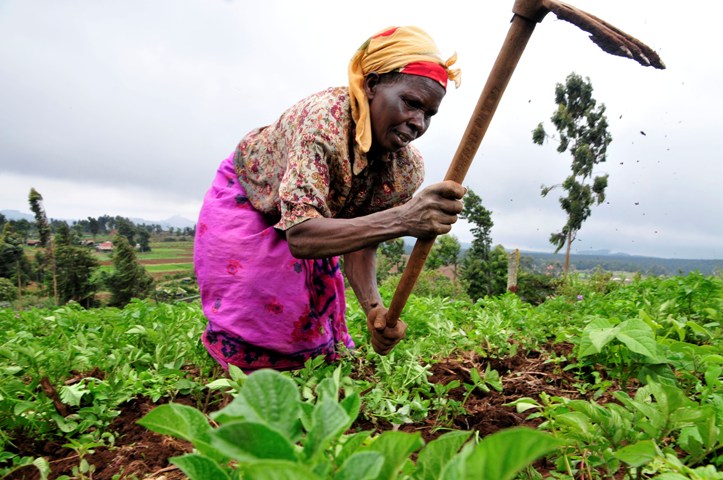The World Meteorological Organization (WMO) and the UN Food and Agriculture Organization (FAO) are intensifying their cooperation to improve the provision and application of climate services in agriculture, with the goal of increasing resilience and climate adaptation in the sector.
On May 30, WMO Secretary-General Celeste Saulo and FAO Director-General Qu Dongyu signed a Memorandum of Understanding (MoU) to extend their existing partnership for another ten years. The MoU focuses on collaboration in weather, ocean, climate, hydrological, and related environmental services, and their application to the global agrifood system's resilience and adaptation.
Key Areas of Collaboration:
Agro-Meteorological Services: Enhancing climate-resilient development through early warning systems within the Early Warnings for All initiative.
Policy Dialogue: Promoting climate information and services across systems as part of integrated climate actions.
Disaster Risk Reduction: Participating in inter-agency initiatives for managing climate risks and disasters.
Data and Methodologies: Supporting the development of weather, climate, hydrological, marine, and environmental services.
Resource Mobilization and Knowledge Transfer: Jointly developing proposals for funding mechanisms such as the Green Climate Fund (GCF) and the Global Environment Facility (GEF).
Celeste Saulo emphasized the importance of ongoing joint resource mobilization efforts to enhance the application of climate services in agriculture. The partnership aims to provide actionable climate information to farmers, agricultural planners, and policymakers to support climate adaptation.
Significant Collaborative Efforts:
Early Warnings for All Initiative: FAO's crucial role in providing early warnings and seasonal climate outlooks to enhance resilience in agriculture.
Integrated Drought Management Programme (IDMP): Joint activities to manage drought across Africa, Eastern Europe, and South America, providing scientific, policy, and technical guidance.
Adaptation Fund Project (ACREI): A US$6.8 million project in East Africa, developed jointly by WMO and FAO, to enhance agricultural climate resilience in Ethiopia, Kenya, and Uganda.
Impact on Agriculture and Food Security: Agriculture is highly dependent on weather and climate and vulnerable to meteorological hazards, climate variability (such as El Niño and La Niña), and climate change. The sector features prominently in the National Adaptation Plans (NAPs) of many developing countries, both in terms of vulnerability and prioritization of adaptation actions. It also contributes significantly to greenhouse gas emissions, presenting opportunities for emission reductions.
To ensure climate information is relevant and accessible, many National Meteorological and Hydrological Services (NMHSs) have agro-meteorological divisions. These divisions support farmers, agricultural extension services, food security emergency responses, and policy makers.
Ongoing and Future Initiatives:
Joint Reports: Collaborations on reports such as the WMO State of Climate Services for Agriculture report of 2019.
Anticipatory Action: Supporting anticipatory action through initiatives like the ENSO Cell and IASC Early Warning Early Action Reports.
Task Team on Indigenous and Local Knowledge (TT-ILK): Documenting best practices and supporting resource mobilization to enhance the use of indigenous agroclimatic knowledge.
The strengthened partnership between WMO and FAO is expected to significantly enhance the resilience and adaptive capacity of the agriculture sector, benefiting millions of farmers worldwide.











